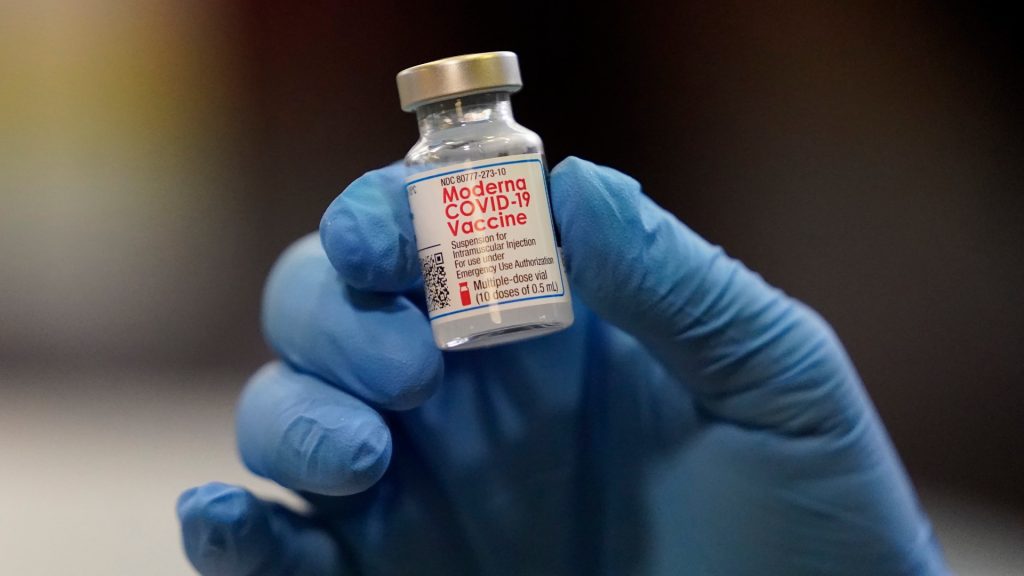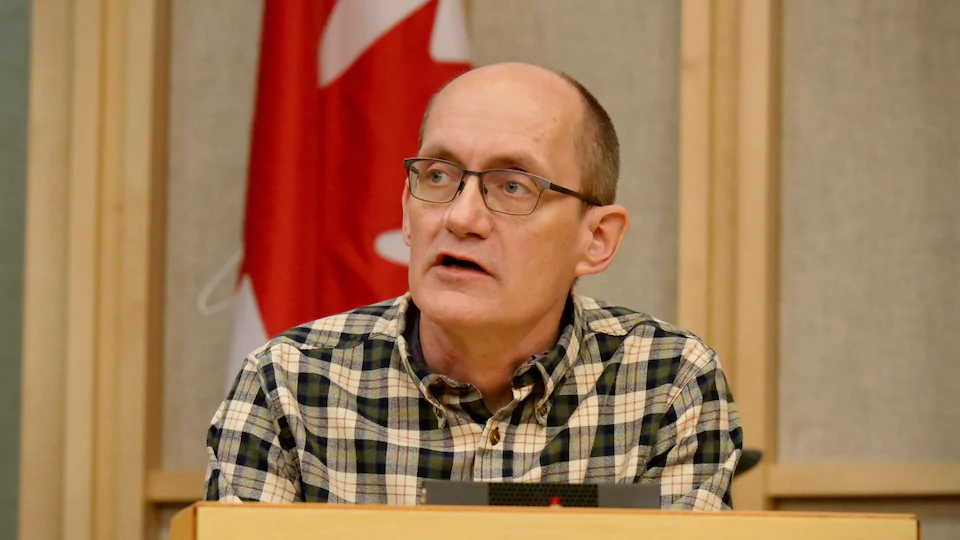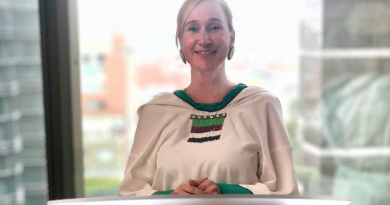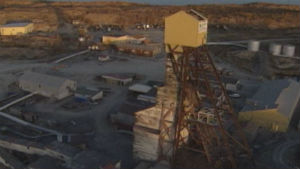Nunavut, Canada gets last doses needed to vaccinate 75% of adults

Herd immunity isn’t possible in Nunavut without a vaccine for children, top doc says
Nunavut now has enough doses of the Moderna COVID-19 vaccine to inoculate its promised 75 per cent of the adult population, according to territorial Health officials.
The announcement was made in a live media update at the Legislative Assembly Friday morning, which also marks a five-day stretch with no new cases of COVID-19 announced for the territory.
This week, another shipment of the Moderna vaccine was delivered, putting the territory’s total received doses since December at 37,000.
This is the final shipment to meet Nunavut’s allotted vaccines from the federal government for the first quarter of this year.
So far 11,584 Nunavummiut have been given a first dose of that two-dose vaccine, and 6,413 have received both shots.
There remains two active cases of COVID-19 in Nunavut, both in Arviat, the community that has seen the most cases by far.
“Arviat got to zero cases before and you can do it again,” Premier Joe Savikataaq said.
Vaccination clinics are ongoing throughout the territory. By April, every community will have had a first dose clinic, Chief Public Health Officer Doctor Michael Patterson said.
If a resident wasn’t able to be vaccinated with a first dose while the clinic was in their community, they can call the health centre to book a vaccination for the next clinic. More doses will be sent to the territory, Patterson said, but when and how many isn’t confirmed.
“Those who want the vaccine once the mass clinics are done will be put on a wait list and called,” Patterson said. Because vaccine vials have 10 doses in each bottle, “appointments will be scheduled for 10 people at a time to avoid waste,” he said.
Children need to be vaccinated for herd immunity: Patterson
Once all adults have had the opportunity to get the vaccine, officials will work to ease restrictions as is possible. Any easing of restrictions will be done gradually, and won’t start until two weeks after the second-dose vaccination clinics are complete for all communities, Patterson said.
In communities where there was low turn out for clinics, doses were left behind with health centres to allow people more time. So far, just under 50 per cent of adults have received at least one dose, he said.
“This vaccine is very effective,” he said and limits complications and serious infection.
While 75 per cent of the adult population will have the opportunity to be vaccinated by sometime in April, reaching territory-wide immunity through mass vaccination isn’t possible, he said, because of the size of Nunavut’s young population.
“It’s not possible for Nunavut to get to herd immunity without vaccinating children,” Patterson said. “We do know that the highest risk of severe COVID-19 infection is adults.”
He says vaccines are being developed that will be safe for children.
“The ability to vaccinate most adults means that we greatly reduce the harm,” he said.

Earlier this month marked one year since the pandemic began.
Patterson says the government knew it wasn’t possible to keep COVID-19 out of Nunavut indefinitely, but barring an outbreak in Arviat, he says the limited number of cases the territory has seen should be considered as a success.
A public health emergency is again extended, until April 1.
This week the territory added 12 cases of COVID-19 to its total count since the pandemic began. Those are cases transferred to Nunavut from Manitoba. The cases include three deaths, brining Nunavut’s death count to four. There have been a total of 395 cases in Nunavut so far, according to the territorial government’s website.
“Symptoms of COVID-19 include a fever, cough or difficulty breathing. Nunavummiut are reminded to practice physical distancing, frequent hand washing, and to stay home if they feel unwell,” the Health department said in a statement.
People who believe they may have been exposed to COVID-19 can call 1-888-975-8601 between 10 a.m. and 6 p.m. ET. They can also call their community health centre and begin to isolate for 14 days. Residents are asked not to attend the health centre in person if they may be exposed to COVID-19.
Another public update is scheduled for March 26 at the Legislative Assembly.
Related stories from around the North:
Canada: Arctic Tourism & the Pandemic podcast, Eye on the Arctic
Finland: Traffic, mobile data show Lapland travellers not deterred by worsening COVID situation in Finland, Yle News
Denmark/Greenland: Greenland authorities buoyed by high demand for COVID-19 vaccine, Eye on the Arctic
Iceland: Iceland opens borders for vaccinated visitors to boost tourism, Eye on the Arctic
Norway: Norway extends border closure with Finland due to pandemic, The Independent Barents Observer
Russia: Norway closes borders over fears of virus, but exempts Russian fishermen from severely infected border region, The Independent Barents Observer
Sweden: Swedes caught in Norway border limbo, Radio Sweden
United States: Alaska politicians send Trudeau letter saying they’re “shocked” over Canada’s COVID-19 cruise ship ban, Eye on the Arctic



